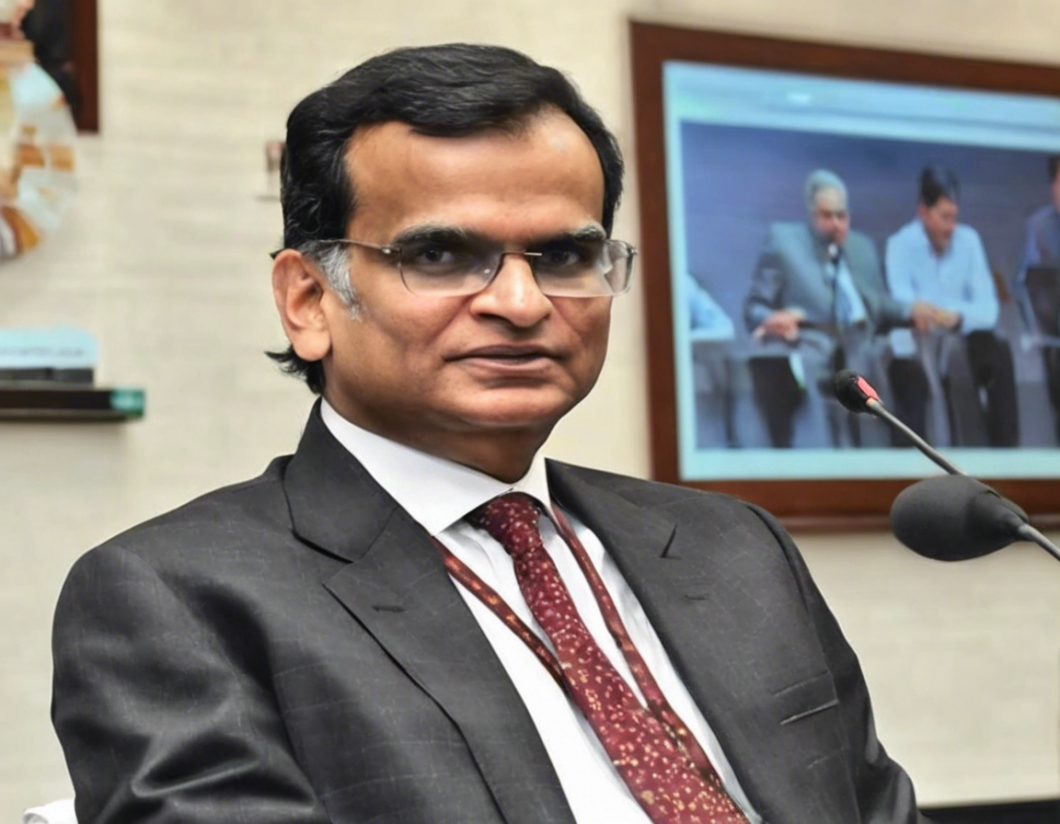The Chief Executive Officer (CEO) of NITI Aayog plays a crucial role in shaping policy and driving development initiatives in India. Let’s delve into the responsibilities, insights, and impact of this significant leadership position.
Introduction to NITI Aayog
NITI Aayog, short for National Institution for Transforming India, serves as the premier policy think tank of the Government of India. Established in 2015 to replace the Planning Commission, NITI Aayog functions as a catalyst in the economic and social development of the country. Its CEO holds a key position in driving the organization’s mission and objectives.
Responsibilities of the CEO
-
Strategy Formulation: The CEO is responsible for formulating strategic plans and policies to drive economic growth and social development.
-
Monitoring and Evaluation: Monitoring the implementation of various schemes and initiatives to ensure they align with the organization’s goals and objectives.
-
Stakeholder Engagement: Building and maintaining relationships with key stakeholders, including government officials, policymakers, and international organizations.
-
Research and Analysis: Overseeing research and analysis on various sectors like health, education, agriculture, and infrastructure to provide evidence-based recommendations.
-
Budget Allocation: Working on the allocation of financial resources to different programs and schemes in line with the strategic objectives of NITI Aayog.
-
Performance Review: Conducting periodic reviews to assess the performance and impact of policies and initiatives undertaken by the organization.
Insights into the Role
-
Policy Advocacy: The CEO of NITI Aayog serves as a vocal advocate for policy changes that can drive sustainable development and inclusive growth.
-
Innovation and Technology: Embracing innovation and technology to find solutions to complex development challenges and promote digital transformation.
-
Collaboration: Working closely with state governments, industry leaders, and international partners to foster collaboration and knowledge sharing.
-
Empowerment: Empowering marginalized communities through targeted interventions and welfare programs to ensure no one is left behind in the development process.
-
Adaptability: Adapting to dynamic economic and social landscapes to address emerging challenges and seize new opportunities.
Impact of the CEO
-
Policy Influence: The CEO’s decisions and recommendations have a direct impact on policy formulation and implementation at both the central and state levels.
-
Resource Allocation: Effective allocation of resources to priority areas can lead to tangible improvements in key sectors like healthcare, education, and infrastructure.
-
Strategic Vision: Setting a clear strategic vision for NITI Aayog can steer the country towards sustainable development and economic prosperity.
-
Global Engagement: Engaging with global partners and stakeholders can bring new ideas and best practices to the forefront of India’s development agenda.
-
Public Perception: The CEO’s leadership style and communication skills can influence public perception and trust in the organization’s ability to drive transformational change.
Frequently Asked Questions (FAQs)
- What qualifications are required to become the CEO of NITI Aayog?
-
The CEO of NITI Aayog is typically a senior bureaucrat or a seasoned professional with expertise in policymaking and development issues.
-
How is the CEO of NITI Aayog appointed?
-
The CEO is appointed by the Prime Minister of India based on recommendations from a selection committee.
-
What is the term of office for the CEO of NITI Aayog?
-
The term of office for the CEO of NITI Aayog is usually co-terminus with the government, subject to extension or reappointment.
-
What are some key initiatives led by the CEO of NITI Aayog in recent years?
-
Some key initiatives include Atal Innovation Mission, Aspirational Districts Program, Sustainable Development Goals (SDG) Index, and Health Stack.
-
How does the CEO of NITI Aayog collaborate with state governments and local authorities?
-
The CEO engages with state governments through meetings, conferences, and joint projects to foster collaboration and support state-level development initiatives.
-
What are the major challenges faced by the CEO of NITI Aayog in driving policy change?
-
Challenges include bureaucratic hurdles, resource constraints, political dynamics, and balancing competing interests to ensure inclusive and equitable development.
-
How does the CEO of NITI Aayog address sustainability and environmental concerns in policy formulation?
-
By integrating sustainability principles, promoting green initiatives, and encouraging renewable energy solutions in policy frameworks and development projects.
-
What role does the CEO of NITI Aayog play in promoting innovation and entrepreneurship?
-
The CEO champions initiatives like Atal Innovation Mission and Start-up India to foster a culture of innovation, entrepreneurship, and technology-driven growth.
-
How does the CEO of NITI Aayog contribute to India’s international engagements and partnerships?
-
By representing India in international forums, forging partnerships with global organizations, and advocating for India’s development priorities on the global stage.
-
What are the key skills and qualities required to excel as the CEO of NITI Aayog?
- Leadership, strategic thinking, communication skills, teamwork, adaptability, and a deep understanding of economic, social, and political dynamics are essential for the role.
In conclusion, the CEO of NITI Aayog holds a pivotal position in shaping India’s development trajectory through strategic planning, policy advocacy, and stakeholder engagement. By leveraging insights, innovation, and collaboration, the CEO can drive sustainable change and foster inclusive growth for the nation.
